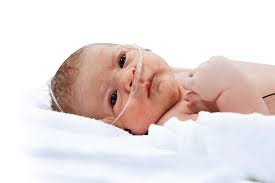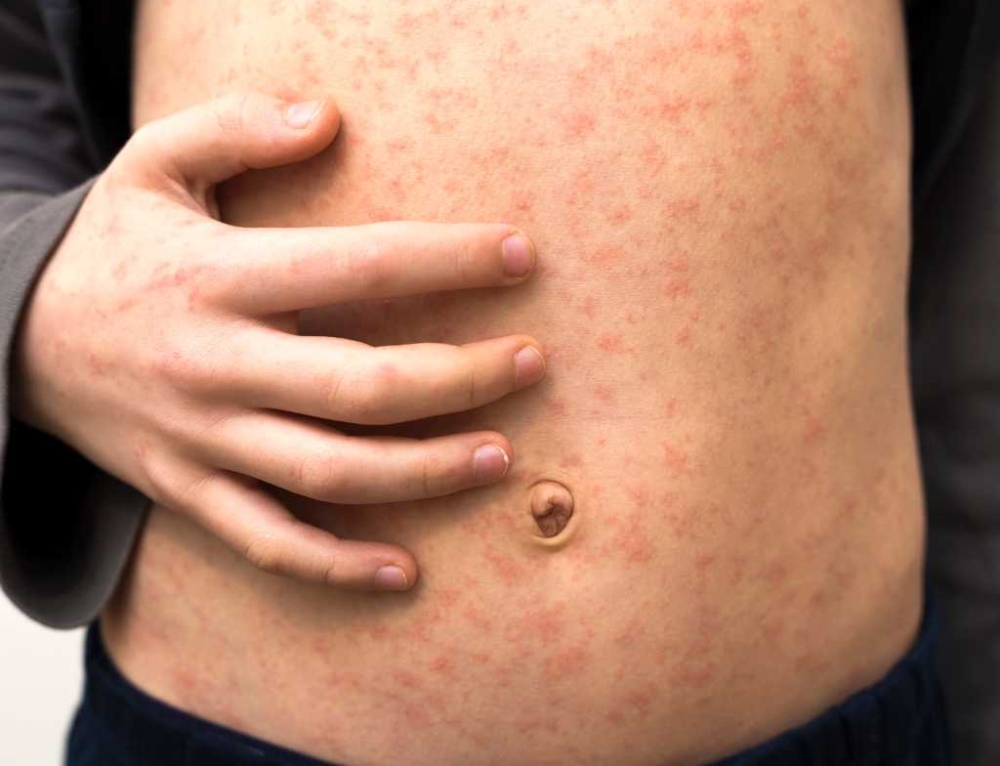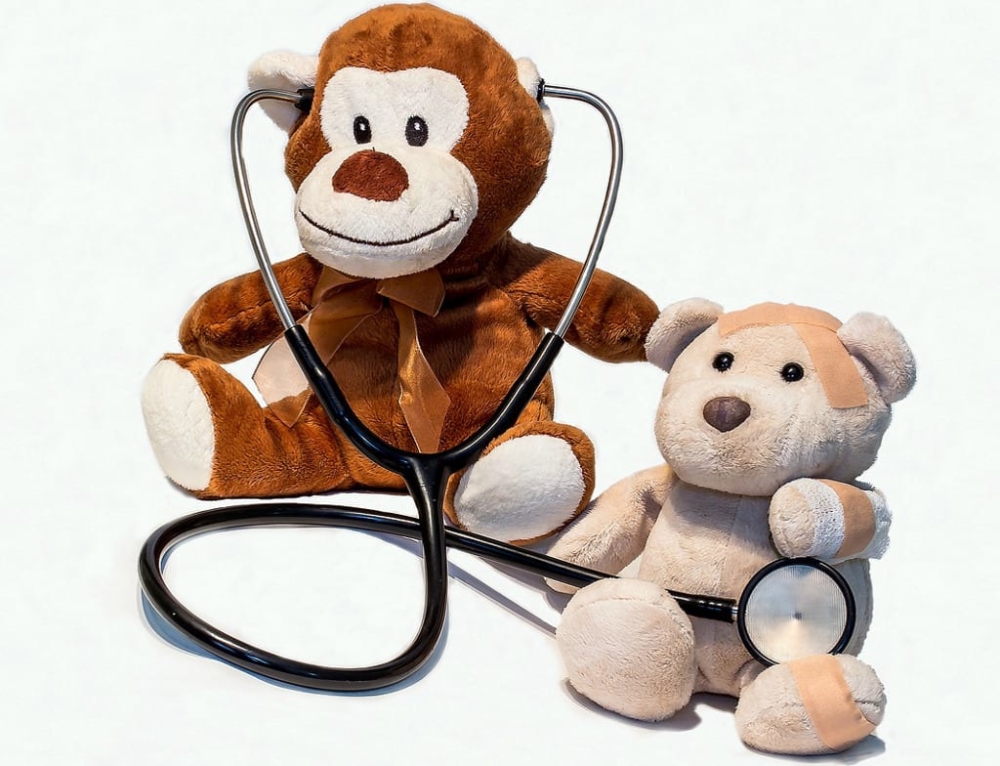Respiratory syncytial virus, or RSV , is an upper respiratory infection common in children aged two and under. Most kids have had the virus by the time they are three. RSV infections are very common in the autumn and winter months.
What causes respiratory syncytial virus?
Respiratory syncytial virus is a viral infection that can cause bronchiolitis and pneumonia. Kids are infectious for up to ten days after they get sick so they can easily spread the illness to other kids through sneezing, coughing or other physical contact.
Is respiratory syncytial virus serious?
Most kids recover in a week to ten days. However, for some kids, the infection might be more serious and they may experience difficulty breathing.
Can I prevent respiratory syncytial virus?
Since it is caused by a virus, the best prevention against RSV is to teach kids to wash their hands. If your child gets RSV, keep her home from child care or school until she is no longer contagious. After your child gets RSV, she may be immune from getting it again for a while, but this immunity usually doesn’t last long.
How do I know if my child has respiratory syncytial virus?
RSV symptoms include cough, fever, runny nose and headache. They symptoms are much worse when the infection is severe, and your child might have a high fever, wheezing, severe cough and trouble breathing. Babies with RSV might not show any serious symptoms but might be irritable and listless. How do I treat respiratory syncytial virus?
Most kids recover from RSV in a week to 15 days. Make sure that your child gets lots of rest, plenty of fluids, and use paracetamol for fever and achiness. Keep her home from child care or school until she feels better.
Should I call the doctor?
There is usually no need to call the doctor unless your child appears to have a severe case of RSV. If your infant was premature, she may be more susceptible to severe RSV, so you should call the doctor right away.
What you need to know about RSV
- Respiratory syncytial virus is also called RSV.
- RSV is an upper respiratory infection common in young children.
- RSV is spread easily.
- Teach kids to wash their hands to avoid RSV.
- RSV usually goes away on its own in a week or two.
Written by Rebecca Stigall for Kidspot, New Zealand’s parenting resource for family health.







Leave A Comment
You must be logged in to post a comment.